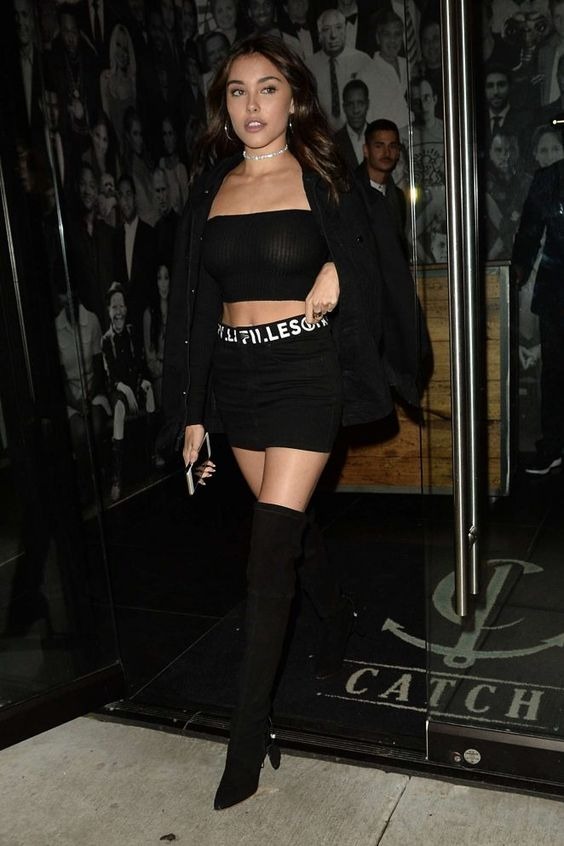Madison Beer Says She’s ‘Being Seen for All the Wrong Things’ Since Gaining Fame
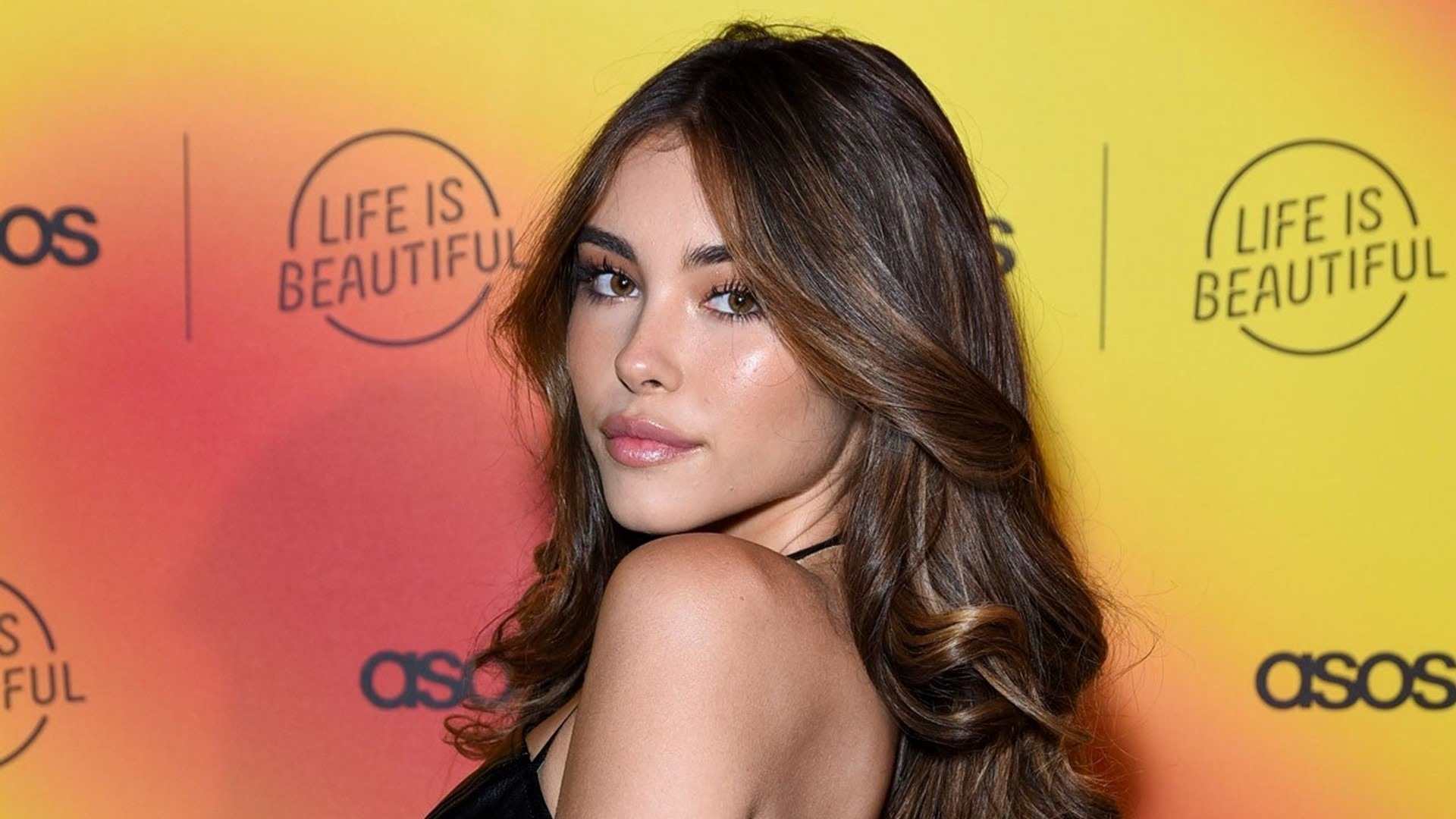
Madison Beer is reflecting on her past and looking ahead to her future. In a new Vevo short film, Madison Beer – Dreams Look Different in the Distance, the 21-year-old singer takes fans inside her psyche ahead of the release of her debut solo album, Life Support.
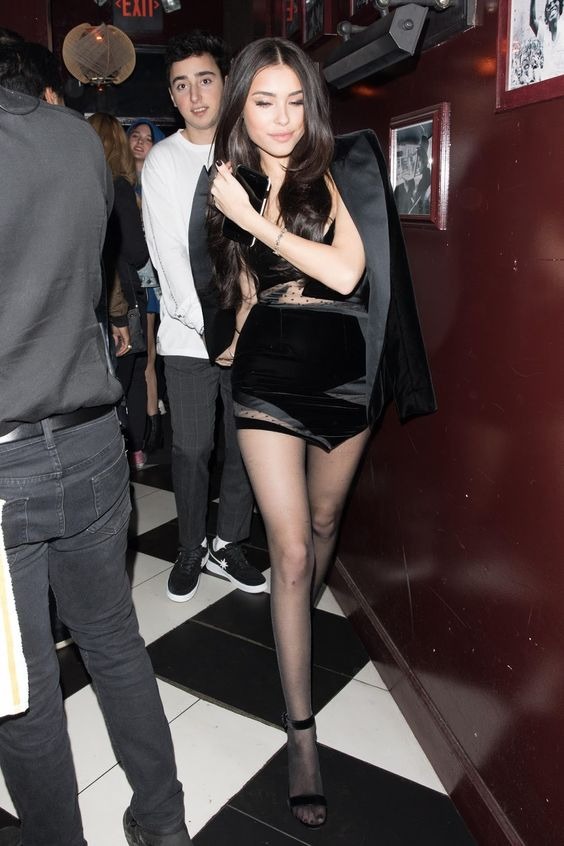
The short film, like Beer’s forthcoming album, discusses fear, mistakes, and how she’s working to find her own voice through her music. Set inside a dream, the short film begins with an introspective Beer discussing how she used to view herself.

“For a long time, I have been at war with myself. So much of who I am is grounded in paradox. I used to think love was a type of self-sacrifice. That I had to offer up a part of myself, to edit, and mold, and shift myself, to fit a certain ideal,” she says. “I have had times where I gave up so much of myself to others that it felt like I could not recognize myself in the mirror. Sometimes, I feel that I am being seen for all the wrong things and that I have fallen into a cycle of having to prove myself over and over again.”
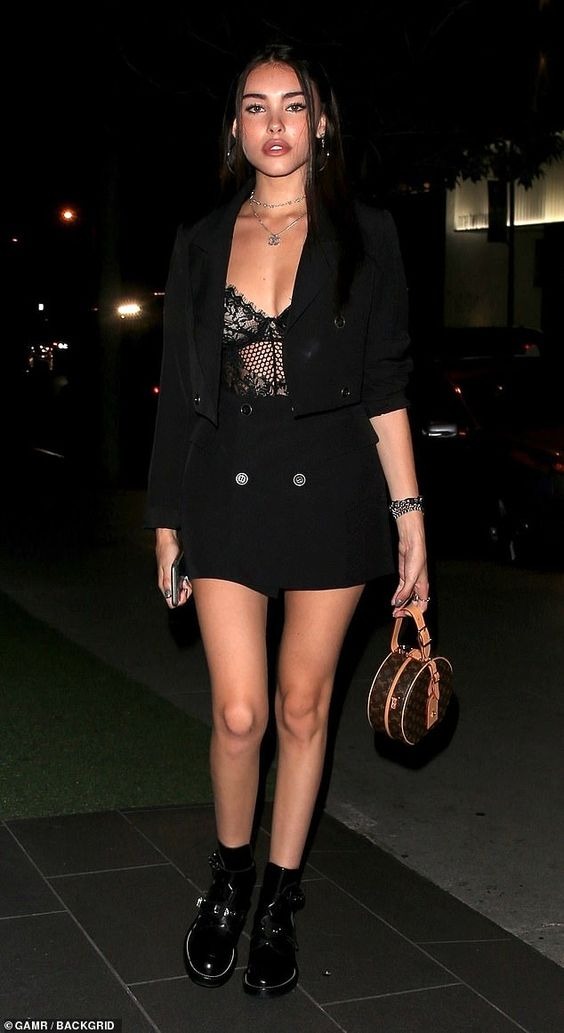
Through this album, though, Beer says she’s taking her story “back into my own hands” as she clearly states what she wants “to be recognized for.”
While making the album, Beer continuously reminded herself who she is, as she worked to develop a deeper self-love.
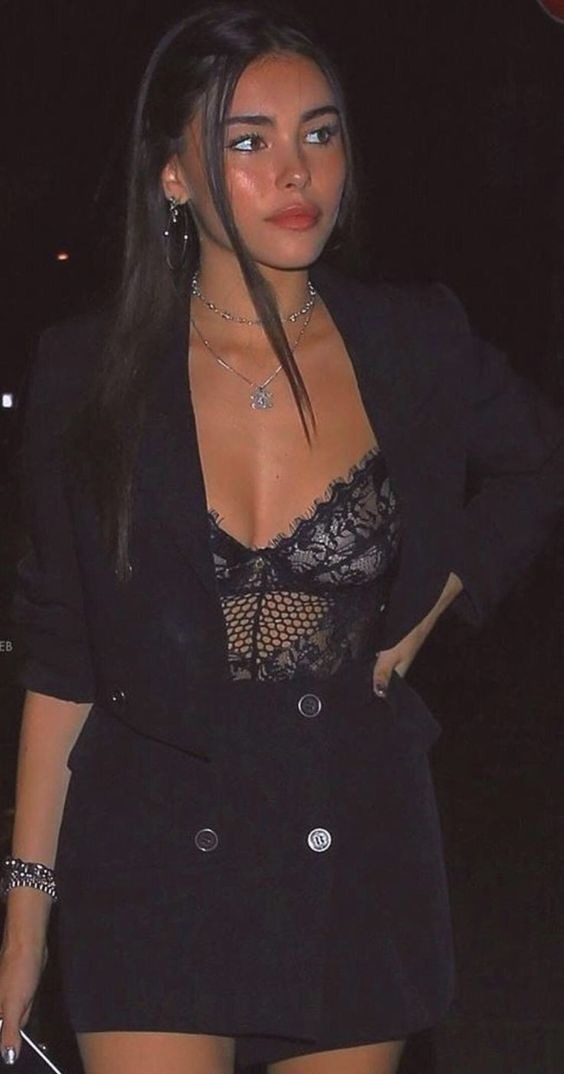
“Falling back in love with myself meant remembering what I value, by relearning the things that I enjoy, and by speaking and acting in a way that feels genuine to me. I learned to trust my intuition,” she says. “My music shifted once I realized that all the parts of myself that I have been taught to censor my entire life were what was missing in my heart.”
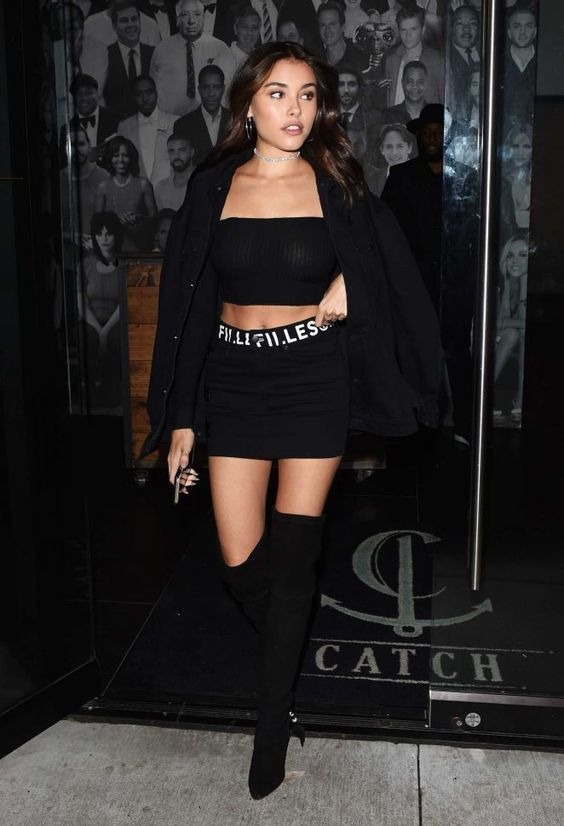
“Before, I was singing songs that felt nothing like me, songs that anyone could’ve written. Ironically when I started creating for myself, that’s when it started resonating the most deeply with my audience,” Beer continues. “They were receptive to my story and my honesty. And that gave me confidence in my own narrative. I felt more connected when I was allowed to be human.”
